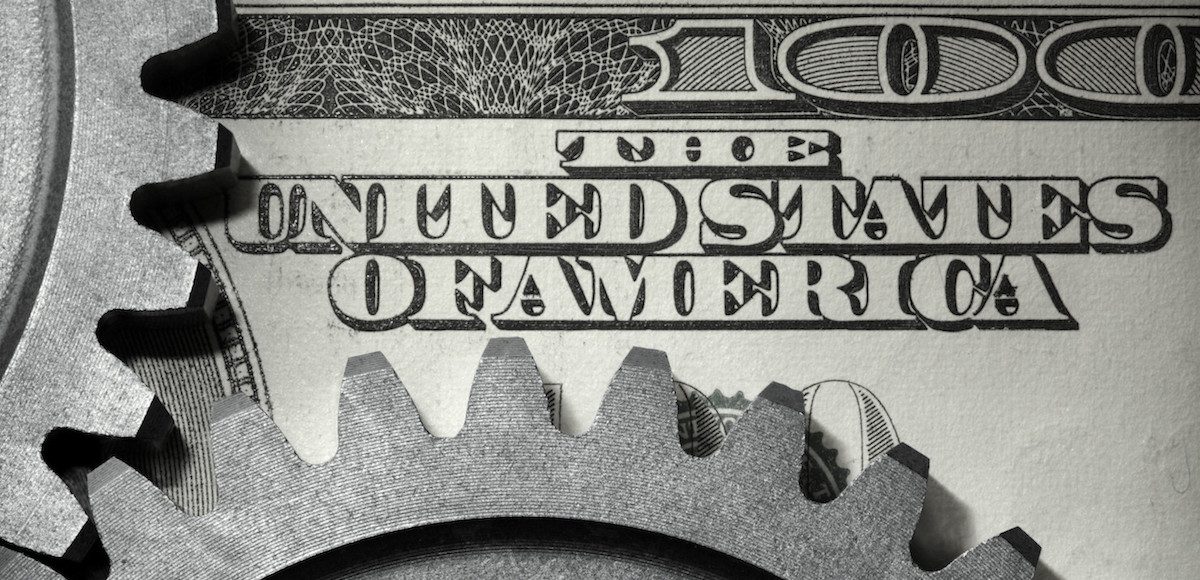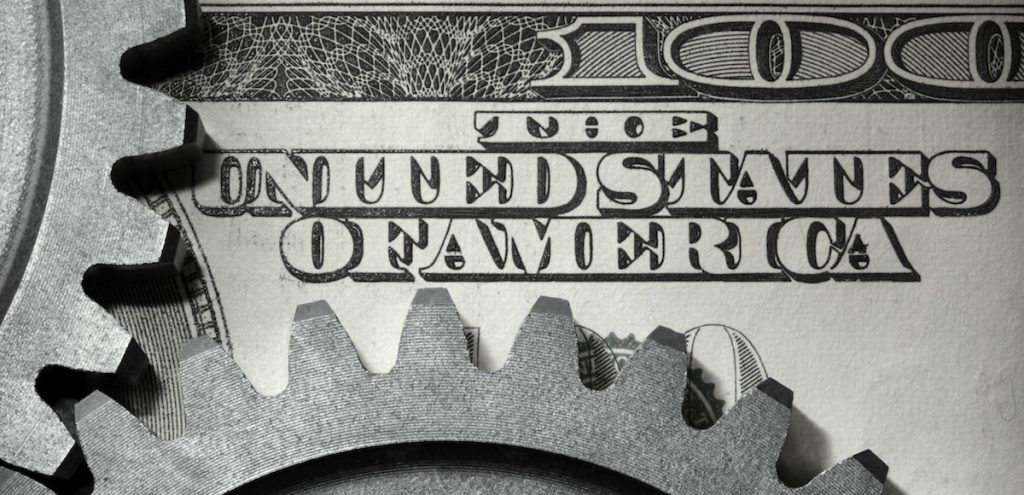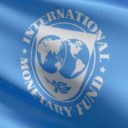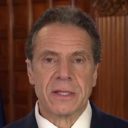

American industry and economy imposed on a U.S. dollar.
Since I’ve been writing a column every day since 2010, you can imagine that there are some days where that’s a challenge.
But not today. The Fraser Institute has released a new edition of Economic Freedom of the World, which is like a bible for policy wonks. So just like last year, and the year before, and the year before, and so on (you may sense a pattern), I want to share the findings.
First, here’s what EFW measures.
The cornerstones of economic freedom are personal choice, voluntary exchange, open markets, and clearly defined and enforced property rights. …The EFW measure might be thought of as a measure of the degree to which scarce resources are allocated by personal choices coordinated by markets rather than centralized planning directed by the political process. It might also be thought of as an effort to identify how closely the institutions and policies of a country correspond with the ideal of a limited government, where the government protects property rights and arranges for the provision of a limited set of “public goods” such as national defense and access to money of sound value, but little beyond these core functions.
Now let’s get to the good stuff.
Unsurprisingly, Hong Kong is at the top of the rankings, followed closely by Singapore. Those jurisdictions have been #1 and #2 in the rankings every year this century.
The rest of the top 5 is the same as last year, featuring New Zealand, Switzerland, and Ireland.
The good news for Americans is that we’re back in the top 10, ranking #6.
Here’s what the report says about the United States.
…the United States returned to the top 10 in 2016 after an absence of several years. During the 2009–2016 term of President Obama, the US score initially continued to decline as it had under President Bush. From 2013 to 2016, however, the US rating increased from 7.74 to 8.03. This is still well below the high-water mark of 8.62 in 2000 at the end of the Clinton presidency.
It’s important to understand that the improvement in the U.S. score has nothing to do with Trump. The EFW ranking is based on America’s economic policies as of 2016 (there’s always a lag in getting hard data).
President Trump’s policies may increase America’s score (think taxes and regulation) or they may decrease America’s score (think trade and spending). But we won’t know for sure until we see future editions.
Here’s what’s happened to economic liberty in America between 1970 and 2016.
As you can see from the historical data, the U.S. enjoyed progress through the Reagan and Clinton years, followed by decline during the Bush years and early Obama years. But we’ve trending in the right direction since 2013.
Let’s look at other nations that get decent scores.
Here are the other nations that are in the top quartile.
 Canada and Australia were tied for #10, so the rest of the rankings start with the under-appreciated success story of Taiwan at #12.
Canada and Australia were tied for #10, so the rest of the rankings start with the under-appreciated success story of Taiwan at #12.
All the Baltic nations do well, especially Estonia and Lithuania. Chile also remains highly ranked, as is the supposedly socialist nation of Denmark.
Luxembourg, which was ranked #1 as recently as 1985, is now #25.
I also noticed that Rwanda (#40) has eased past Botswana (#44) to become the highest-ranked nation in Sub-Saharan Africa.
By the way, I’m not going to bother showing the bottom nations, but nobody should be surprised to learn that Venezuela is in last place.
Though that may simply be because there’s isn’t adequate data to include North Koreaand Cuba.
Let’s close by including a chart that hopefully will show why economic liberty is important.
Simply stated, people enjoy much higher living standards in nations with free markets and small government. Conversely, people living under statist regimes suffer from poverty and deprivation.
The bottom line is that Economic Freedom of the World shows the recipe for growth and prosperity.
Sadly, very few nations follow the instructions because economic liberty is not in the interests of politicians.









